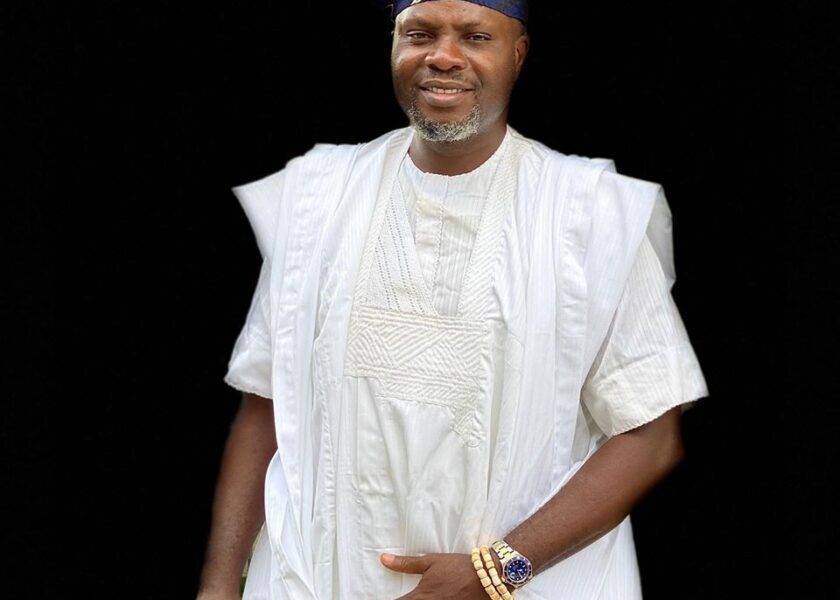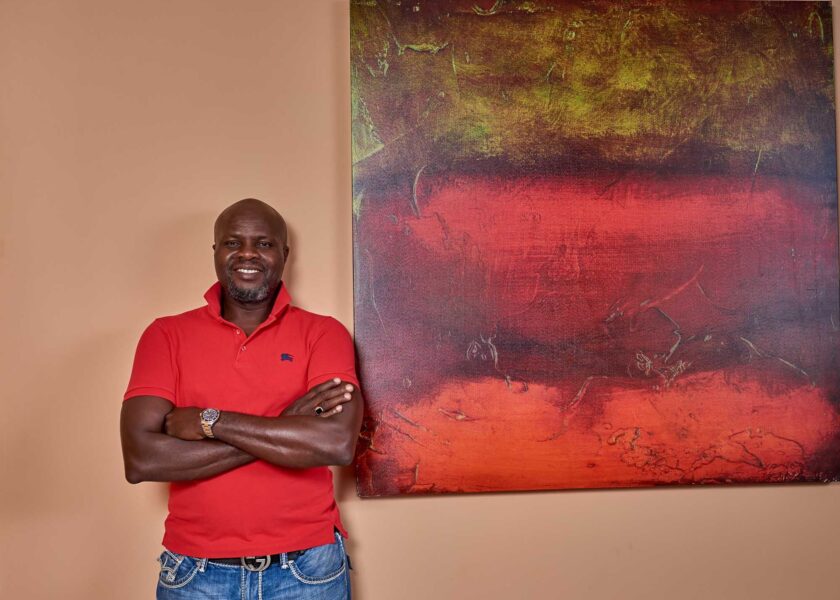
The Essence of Traditional Chieftaincy Titles: Jagun Example
During the precolonial era among the Yoruba people, the first natural traditional titles were Balogun and Jagun. Yorùbá land was characterized by wars as there were struggles to take over lands and to stamp authorities over others. These warriors were called Balogun or Jagun. These traditional title holders served as rulers of their domains, settling disputes, and running their political, social and economic affairs.
Before Ibadan came under district officers sent from Britain, Balogun or Jagun was the Baale. It means that only those who led wars became Baale of Ibadan. Later, those who didn’t go to wars began to be enthroned as Baale. This practice continued until Ibadan came under colonial rule. The point here is that Ibadan and other reputable towns in Yoruba land had traditional ways of ruling the towns, administering their affairs. The colonialists only came to improve on the different systems of traditional administration adopted by each town.
In Ibadan chieftaincy system, there are two lines of Balogun and Olubadan, with each line beginning from Jagun Olubadan and Jagun Balogun. This explains the uniqueness of Ibadan chieftaincy system. But before one is promoted to Jagun in either of the line, one must have been the Mogaji of one’s family compound. In the context of Ibadan chieftaincy system, Mogaji is the head of every family compound. Being a Mogaji comes with many important responsibilities. Same way that a state or country must be administered under modern democracy, family compounds must also be administered. In the case of Ibadan, each compound appoints Baálé who is naturally the oldest male in the family. Each family also appoints Baálè who rules over the family village. There’s a Mogaji under which there are Baálé (the ordest male member of the family) and Baálè (the head of the family village) and who stands to join Ibadan chieftaincy ladder, either from Balogun line or Olubadan line, towards the journey of ascending Olubadan throne in the future.
Before any prominent member of a family compound is accepted to become Mogaji, he must have rendered progressive services to Ibadanland. A Mogaji must be a leader in the real sense of service not only to his compound but also to Ibadan. For any Mogaji to get promoted to Jagun, he must have been seen to render exemplary services to the growth and development of Ibadanland. It’s on the basis of his consistent developmental strides and moral character that the reigning Olubadan counts him worthy of being promoted to Jagun since becoming a Jagun counts among other high traditional chieftaincy holders whose chances of becoming Olubadan are brighter.
Traditional government preceded modern democracy in Africa in general and Yorubaland in particular, and title holders like Jagun and Balogun play the roles of heads of towns or communities then. Even now that modern democracy is in permanent use in Africa, the roles of traditional chieftaincy holders are irreplaceable as they serve as a necessary link between people in modern government and members of the public.
After I was made the Mogaji of my family compound, Anlamole, as nominated by the members of my family, and as approved by the Olubadan who’s the consenting authority to approve and install lesser chiefs, I begin to shoulder more traditional, social and economic responsibilities to my family compound in particular and to Ibadanland in general. In Ibadan, traditional chieftaincy is not ascended for its sake or for fun but for the responsibilities that come with it to the society. Now, with my preparation to be installed as Jagun Olubadan of Ibadanland, come 24th of June, I have braced myself for the challenges ahead as more responsibilities will beckon while I move up the chieftaincy ladder.
Ori mi Dára, pe Ìbàdàn ni wọn bi mi ooo eeee. Ìbàdàn; ìlú alaafẹ́ ìlú olóyè ti wa ni, ori mi Dára, pe Ìbàdàn ni wọn bi mi oóooo eeeee. 🎵 🎶 🎶





